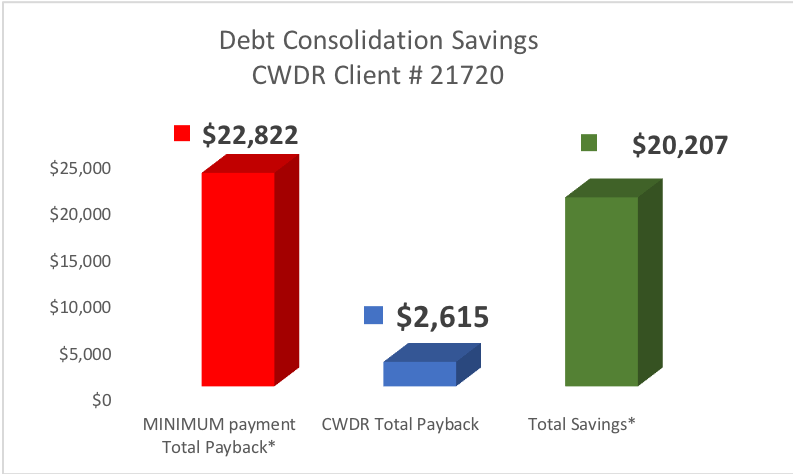Unfortunately, physical illness isn’t the only devastating effect of the unprecedented COVID-19 pandemic: financial fraud is on the rise as hackers and scammers capitalize on society’s collective weakness. As bad actors across industries seek to turn a profit on the financial and economic turmoil roiling the globe, consumers often find themselves caught up in schemes that appeared legitimate at first blush.
The increase in financial fraud schemes is largely due to companies’ rapid and sudden shift into the virtual marketplace. Purchase volume is moving into online sales channels as a result of brick-and-mortar stores closing. Employers are asking staff to access sensitive customer and client files remotely. And consumers, finding themselves with little to do while quarantined, “boredom shop” from shady vendors who promise fantastic sales and superior products.
Consumers and merchants should both expect to see the forms of fraud pervading the internet diversify as scammers become sharper and more sophisticated with increased resources, opportunities, and practice. From companies posing as credit counselors offering consumers the best debt relief options to vendors peddling too-good-to-be-true promotional opportunities for new users, the options for defrauding innocent customers are virtually endless right now.
Here are several of the most common fraud schemes that are catching consumers off guard.
Promotion abuse
A common tactic that fraudsters have recently employed is the abuse of new user promotions, whereby they invite users to generate email accounts in exchange for user credits. This is particularly common in the food industry. However, this type of fraud is spiking across industries, with a new account rate of 36% as of the end of March, according to Forbes.
Returns abuse
Returns abuse is a trap for quarantined shoppers spending money out of sheer boredom. The buyers’ remorse that inevitably accompanies many of these purchases can lead to returns abuse, whereby the return window is shortened just enough to make it impossible for consumers to return their items. As a result, buyers are stuck with their unwanted items, unable to offload them, while the vendors keep their funds (and their credit card information).
Phishing scams
The FBI, WHO, IRS, and Secret Service have all issued warnings about the rise of phishing scams amid the coronavirus pandemic. These often look like fictitious organizations seeking to collect money from unsuspecting individuals or websites claiming to offer information and treatment options in exchange for PII (personal identifiable information). Fraudsters sell this data on the dark web in exchange for tremendous profit.
Investment scams
Scammers may offer promotions on social media platforms claiming that publicly traded companies can prevent or cure the coronavirus and that their stock, as a result, will spike in value. These types of schemes lure consumers into bad investments, giving their money to bad actors on the internet and seeing no return on their “investments.”
Supply scams
Some fraudsters create fake shops claiming to sell medical supplies or products that are currently in high demand – like surgical masks or ventilators. When consumers attempt to make a purchase via these platforms, scammers harvest their personal information and take their money without delivering the requested supplies.
Staying vigilant
When faced with an offer that doesn’t smell right, remember that your bank, the IRS, and legitimate, reputable companies will never contact you seeking personal information, nor will they pressure you into making an immediate purchasing decision. Fraudsters and bad actors will attempt to capitalize on every piece of information you provide, but if you fail to give them any, there is nothing they can do.
There are several steps you can take to avoid falling prey to a scam. Here are just a few.
- Don’t let yourself be pressured into making a purchase or a donation. Legitimate actors will never bully you, shame you, or harass you into making a purchase, donation, or investment.
- Verify the existence of an entity before giving it your money.
- Remember that if you don’t initiate the contact, you can never be sure that you know with whom you are speaking. Do not engage in conversation online or via phone with someone from an unfamiliar source, especially if that person is pushing you into providing personal information or making a purchase.
- Keep in mind that some scammers can place phone calls to a consumer so that it appears their bank is calling them. Don’t let a phone number alone lure you into a false sense of security.
- Set up two-factor verification for all of your financial accounts to ensure you know, for certain, when the source is legitimate.
- Install a virtual private network (VPN) on your internet to ensure that hackers cannot harvest sensitive files from any cloud-based systems you use for your work.
- Check your financial accounts frequently to look for suspicious activity.
- Change any account passwords frequently, especially your bank account login credentials.
- Stay alert: If something doesn’t smell right, trust your intuition and your instincts. You don’t have to finish a conversation that makes you uncomfortable, and you don’t need to complete a purchase from a source that appears suspicious.
- Don’t worry about appearing rude or dismissive. If the person on the other end of a call or transaction is legitimate, he or she will understand and appreciate the steps you are taking to protect yourself if you decide to cut the communication short.
- Remember that if something sounds too good to be true, it probably is.
Finally, if you believe you’ve been the victim of financial fraud, report it! Contact the FBI or the Consumer Financial Protection Bureau to let them know you’ve been defrauded. Not only does this give you a way to seek recovery, but it may also potentially protect another consumer from the same plight.


